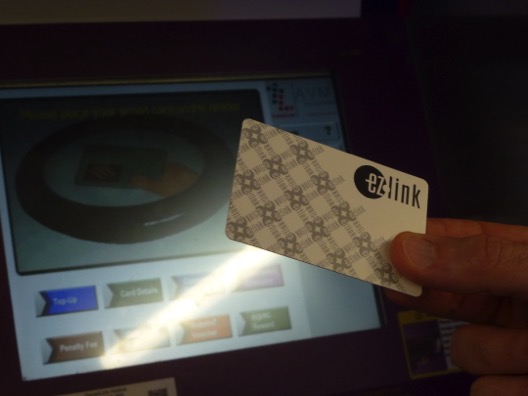
Road Network Operations
& Intelligent Transport Systems
A guide for practitioners!

Road Network Operations
& Intelligent Transport Systems
A guide for practitioners!
A service that is provided to a road user, in addition to the core business of operating the road network, is known as a Value Added Service (VAS). As part of a value-added service strategy, the use of a common electronic method of payment can be extended beyond multi-use integrated ticketing – to making other payments for complementary services. This could include purchases and discounts at hotels, museums and local retailers. (See Location-based Services)
A value added service can also be provided by a road toll operator (or third party account service provider) – by enabling the equipment required to pay for the toll (RF or DSRC tag) to be used to pay for parking, other services or purchases.
Transport operators can gain valuable information on how travellers use their service by monitoring the payments made. Data on the origin and destination of a trip (recording the location of entry and exit to the transport network) can provide information on the growth in demand for each mode – as well as the cumulative demand on the transport network. This can be used to inform the rescheduling of bus routes or to justify long-term capacity enhancements to a light rail service – ensuring that adequate capacity is delivered at the right place at the right time. The information can also be used to identify opportunities for other services that could be offered in the future.
A record of any payment provides essential information on how and where a person makes the payment, and offers the opportunity for further customisation of services to individual users or all users. By establishing business relationships with other organisations, service providers of common electronic methods of payment, can extend the scope of the method of payment to cover payments for goods and services provided by those organisations.
Every time the method of payment is used in a value added service – for example at a retailer – the retailer transmits the record of the transaction to the service provider of the method of payment for settlement, after deduction of any transaction charge that may be levied by the service provider.
The development of value added services depends on the level of detail and the period over which data is collected, the sophistication of the analysis, inter-organisational data exchange methods, general commercial terms and periodic reporting of demand for the services offered.
The main challenge to developing a value added service is to define a feasible business case that allows a service provider (such as a toll road operator) to:
Interoperability of technology and back-office processes can enable this since it allows the operation of the toll road or public transport services to be separated from the administration of accounts. This offers economies of scale – enabling a wide range of additional transport or non-transport services to be provided, supported by a single back-office operation (See Standardisation & Interoperability) Practical examples of this include:
To maximise the use of common electronic methods of payment for public transport, some service providers offer them without the need to register for an account.
The advantage of encouraging users to register for the method of payment, is that it enables additional added-value services to be developed and offered to users. This could include:

Octopus: (http://www.octopus.com.hk/home/en/index.html)
Swiss Pass and related products: (http://www.swiss-pass.ch)